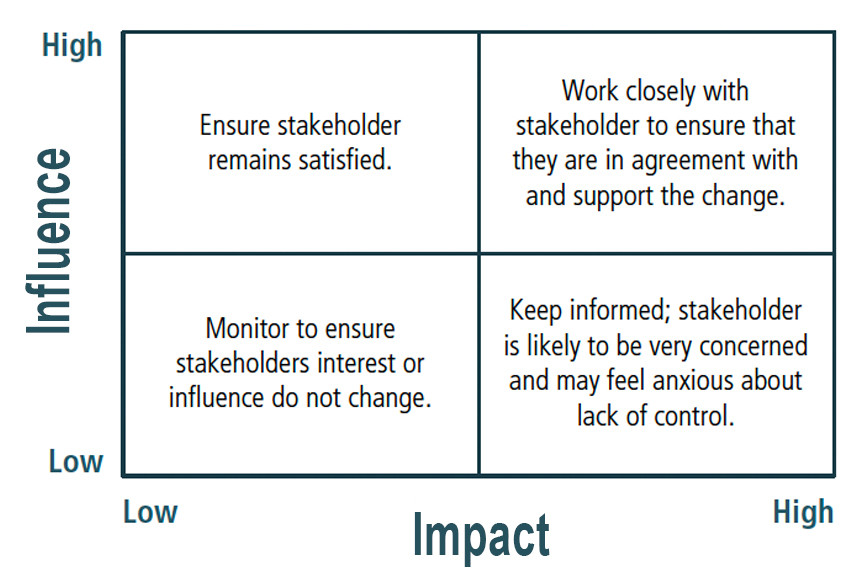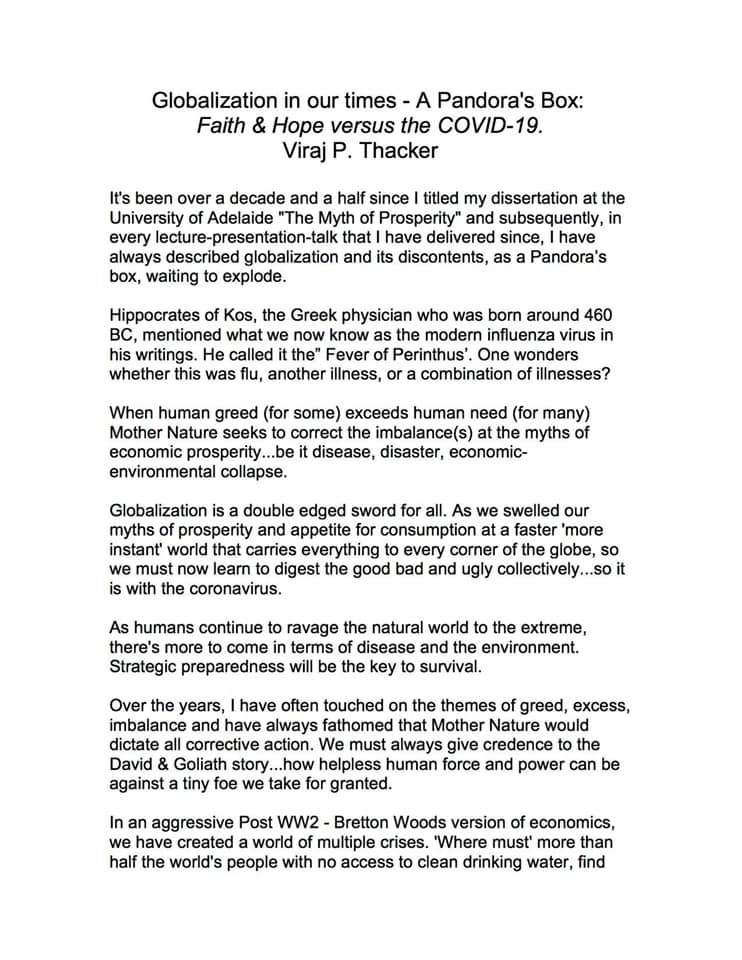‘It is amazing how much you can accomplish when it doesn’t matter who gets the credit.’ Unknown
The other day, a news item on Johnson & Johnson caught my attention. About the company accepting charges of bribery to promote its antipsychotic drug Risperdal to children and people with developmental disabilities and agreeing to pay USD 2.2 billion in criminal and civil fines. My thoughts go out to another disparate case closer home where a reputed business group stands charged of selling fake machinery parts as genuine, endangering people’s lives while making huge profits.
What is it that makes an organisation declare values to which it does not adhere to? What is it that makes multinational corporations like Johnson & Johnson spend millions to create a brand equity of “love and care” while bribing to ‘push’ a controversial drug onto people who need love and care the most?
I muse about my own self. As I think of who I am and what I do at work, I notice significant dichotomies. As an individual working in the corporate world for three decades, I see that I have conditioned myself to believe that the value systems which apply to me at the individual level no longer remain valid as soon as I wear my organisational hat. Be it in aspects of transparency, business ethics, environmental concerns and several other areas. Somehow, I have developed the underlying belief that these fall lower in priority than the core business objectives of top line and bottom line growth. I must confess that I have rarely questioned why it should be so.
What is it that has conditioned me so? I think of how organizations evolved in the last century. Of how they have remained focused on achieving growth and profit objectives alone. Of how Organisations have ‘learned’ ways to pass on the costs of their activities for others to pay. Of how this behaviour resulted in the 2008 global financial crisis when companies created bad debt and exported that all over the world.
As I wear the organisational hat, I can see the intrinsic conflicts that I face.
• Do I achieve success by maximising Shareholder wealth or do I take the path of social responsibility?
• Do I increase profits or do I take responsibility for an environment crying out for help?
• Do I indulge in rampant business expansion or do I ensure avoidance of exploitation?

In the 2003 award wining documentary film, ‘ The Corporation’, University of British Columbia professor and author Joel Bakan asks, ‘If a corporation is a person, what type of a person is it?’ The documentary goes on to show that most organisations comprise of network of conversations that are inconsistent, dissonant and cluttered. The conversations exhibit the qualities and attributes that, if the organisation were to be a person, it would be termed a psychopath. The induced organisational behaviour from such a conversational clutter ranges from “callous disregard for people’s feelings, incapability to maintain human relationships, deceiving for profit, inability to feel guilt and complete disregard for the safety of others.”
Clearly the world seems to be reaching an inflexion point. Jay Deragon, in a recent blog post titled ‘Being Human’ says, “It seems odd to think that business leaders are just now recognizing that their business results have a direct correlation to the organizations ability to think, act, speak and feel in human terms. Yet instead of measuring the organization’s human abilities, leaders still focus on measuring, thinking and chasing outcomes in financial terms.”
Consciousness has arisen that for sustainability there needs to be an alignment and acceptance of the core human values at the organisational level too. To me that is a wonderful shift and a significant evolutionary development.
So with such consciousness what could be the way forward?

Authors Steve Zaffron and Dave Logan in their path breaking book, ‘The Three Laws of Performance’ point to a direction as they suggest the need for organisations to transform themselves into being “Self-led”. This ‘Self’ arises from all people and stakeholders participating in the organisation’s network of conversations. So how do we do that? By first shifting away from the belief that “we need to involve only those who need to be involved”. As I look inwards, I realize that this belief arises from my apprehension of a ‘loss of control’. But as I choose to allow external stakeholders into my network of conversations, I am able to shift them into a space where they feel they can contribute. A shift away from ‘we don’t trust you’ and towards ‘let’s all of us get involved in the success vision of our business’.
Can we see the need for us to contextualize our ‘organisation hat’ wearing persona in the society within which we are embedded and exist? Methinks every one of us needs to become an active player in this great initiative. For in this resides the opportunity to find the balance we seek in the world today.
In Learning………… Shakti Ghosal
Acknowledgements:
1)The Corporation– a documentary film written by Joel Bakan, and directed by Mark Achbar and Jennifer Abbott, 2003 : http://www.thecorporation.com
2)Being Human creates higher returns– a blog by Jay Deragon:
http://www.relationship-economy.com/2013/10/being-human-creates-higher- returns/
3)The Three Laws of Performance- Rewriting the Future of your Organisation and your life by Steve Zaffron and Dave Logan, Aug.2011: http://www.threelawsofperformance.com/
Shakti Ghosal shared this































